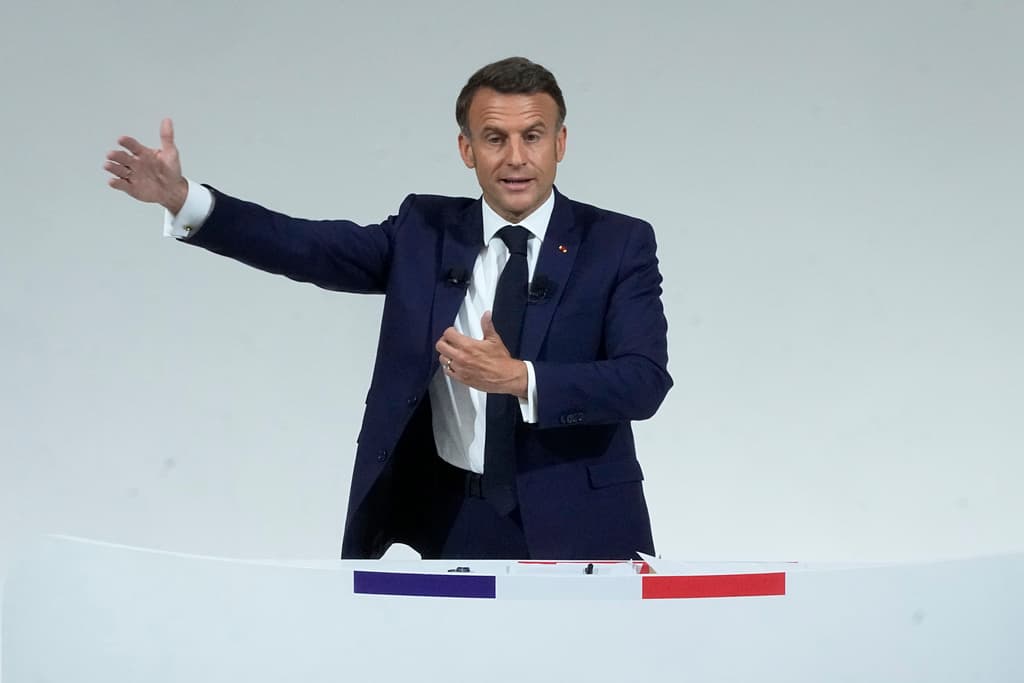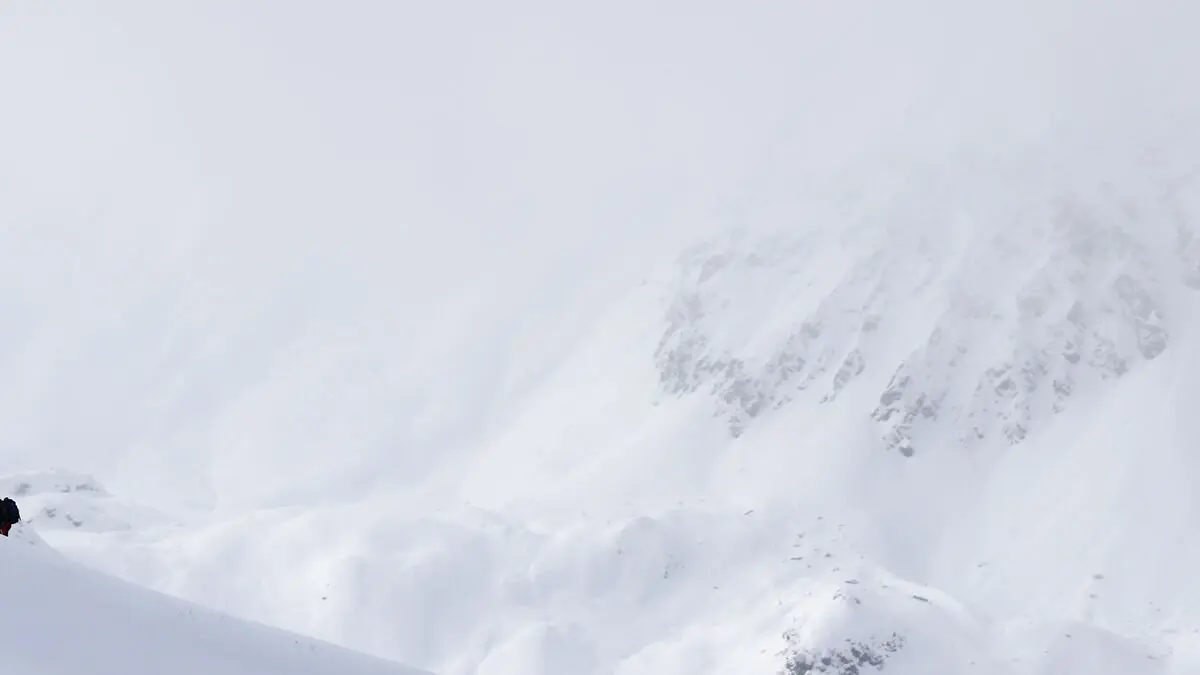France's president Emmanuel Macron is playing high stakes by calling for new parliamentary elections, where Le Pen's National Rally is expected to make significant gains.
A "cohabitation" with the far-right could be tricky – but could also be part of Macron's tactic, believes Göran von Sydow at Sieps.
With less than two weeks to go until the new elections in France, a short but intense election campaign is now officially underway. Many analysts believe that the president is playing a high-stakes game with the called new elections, not least considering the landslide victory of the far-right party National Rally (RN) in the European elections.
Göran von Sydow, head of the Swedish Institute for European Policy Studies (Sieps), believes that Macron, after RN's strong showing in the elections, wants to force the party into a role where they have to take responsibility.
Forcing Responsibility
If it's an unclear parliamentary situation, but National Rally is the largest, then there is an expectation that they will form part of a government, but then they must cooperate with others, says Göran von Sydow, and continues:
It can, from Macron's perspective, show difficulties or risks with National Rally going so strong.
RN took home more than 30 per cent of the votes in the European elections in France and thus became the largest French party in the European Parliament. In less than two weeks, RN's winning streak could continue from Brussels and into the French National Assembly. According to Göran von Sydow, a clear victory for RN and a clear defeat for the president's own movement in the parliamentary elections would be the biggest challenge.
Then he ends up in a situation of "cohabitation" – a joint government with National Rally, which has a strong position, and he himself becomes limited.
"Masterstroke Backfires on Own Movement"
In such a situation, with Macron as president and a government led by RN, the young RN leader Jordan Bardella would likely take a seat in Matignon, the prime minister's residence in Paris. Göran von Sydow does not believe that such a joint government would be painless, since the president's and RN's policies are vastly different.
Macron has had a strong and dominant position. He has controlled the parliament quite a lot, but if it becomes a joint government, he will get a difficult position.
When Emmanuel Macron won the presidential election in France in 2017, he quickly gained strong support, but according to von Sydow, Macron's movement was caught off guard by the unexpected announcement of new elections. Both to the left and right of the president's party, alliances are being formed, while the centre is stumbling in the dark.
It seems to be a return to more traditional left-right politics. It may be that Macron's "masterstroke" backfires on his own movement.






